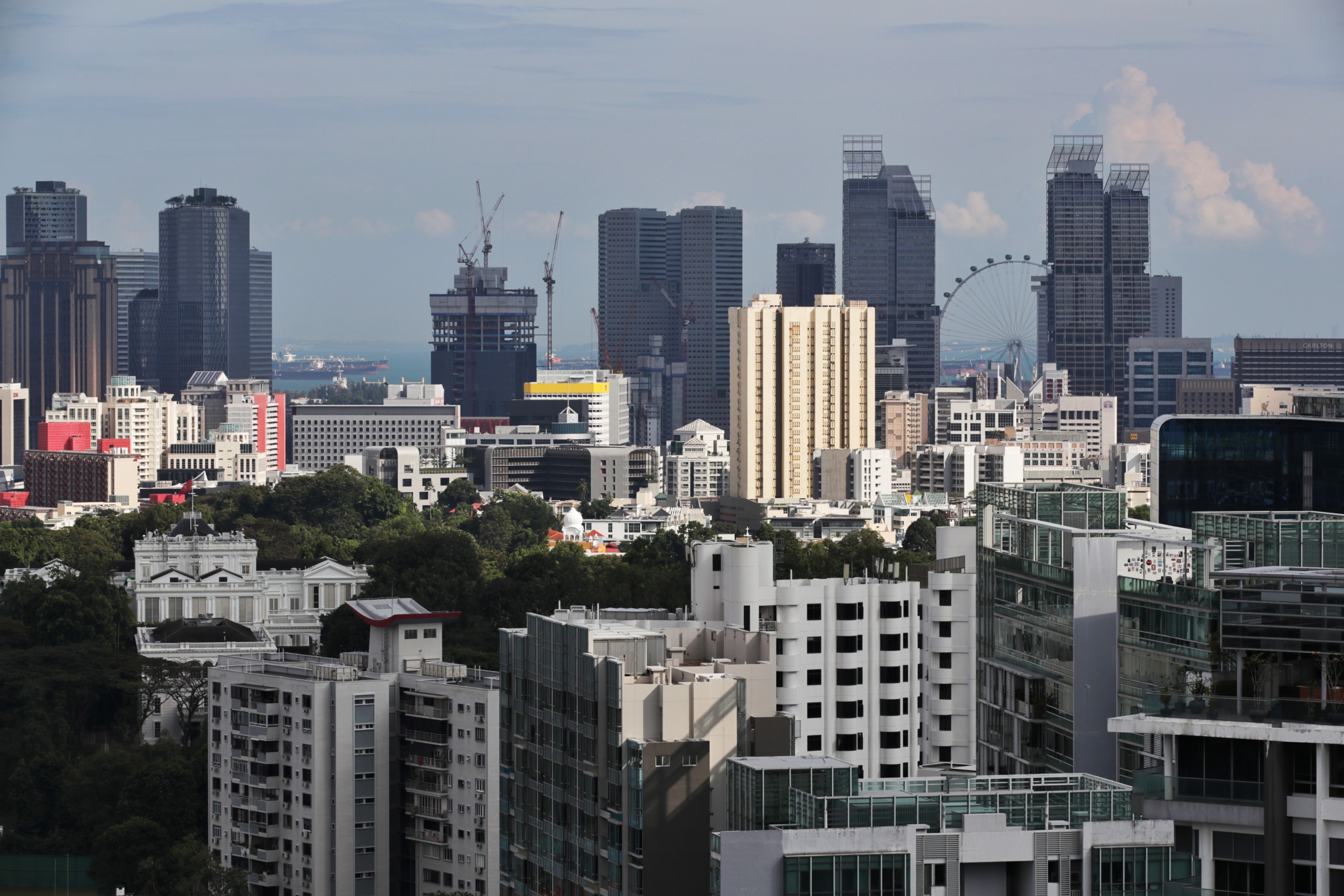Look to corporate, personal income taxes and other alternatives to raising GST, says PSP's Hazel Poa
Sign up now: Get ST's newsletters delivered to your inbox

Progress Singapore Party Non-Constituency MP Hazel Poa outlined three alternatives to raising the GST, including raising corporate and tax rates.
ST PHOTO: GIN TAY
Follow topic:
SINGAPORE - With healthcare spending projected to more than double to $27 billion by 2030, how much further will Singapore's goods and service tax (GST) rate have to increase to fund this?
This was the question posed by Progress Singapore Party Non-Constituency MP Hazel Poa in Parliament on Tuesday (March 1), when she voiced her party's opposition to the upcoming GST hike during the debate on this year's Budget.
Singapore does not need to raise GST rates now, especially when the cost of living is going up, she said. She noted that the Government has promised extensive support for households to ease the burden of the tax hike, meaning it does not currently need the additional revenue that will be brought in.
She also asked if Singapore will eventually have to face the alarming prospect of an 18 per cent to 20 per cent GST rate, since spending on healthcare and other social needs will spike in the future.
In her speech, Ms Poa outlined three alternatives to raising the GST.
One, the country could raise corporate and tax rates, she said. This is because the Base Erosion and Profit Shifting initiative, which will see a global minimum effective corporate tax implemented by 2023, makes low taxes less effective as a tool to attract investment.
Two, Singapore could consider land sale proceeds as income, given that land is typically sold on a leasehold basis, she added.
"After the requisite number of years, the land returns to the Government and it can be sold again. The land sale proceeds are therefore more akin to rental income over the length of the lease."
She proposed that land sales proceeds be treated as revenue over the period of the lease. Under this proposal, industrial land sold on a 20-year lease would generate a "revenue" of 5 per cent of the sale proceeds over the next 20 years.
Should a land parcel be sold every year for $100, the revenue would therefore be $5 in the first year, $10 in the second year and so on, Ms Poa said.
Such a model would not compromise Singapore's principles of financial prudence and yet serve as a significant revenue stream, she added.
Three, Singapore also needs to look into cutting expenditure, Ms Poa said, giving three examples of situations in which tax revenue could have been better spent.
These are: Formula One races, which are being subsidised by more than $80 million a year; SPH Media Trust, which is getting $900 million over five years; and Housing Board payments to the Singapore Land Authority (SLA) when it buys land, which amount to between $3 billion and $4 billion yearly.
In the first two cases, tax revenue is essentially used to make "voluntary wealth transfers from the Government to commercial entities", Ms Poa said.
And in the last case, HDB's expenditure is not categorised as revenue by SLA. This means tax revenue is needed to buy the land at current market prices, even though it would have been typically acquired decades ago under the Land Acquisition Act, at relatively low prices, she added.
"This state of affairs does not seem reasonable to us, and further strengthens the point that land sale proceeds ought to be treated as revenue over the lease period," she said.

